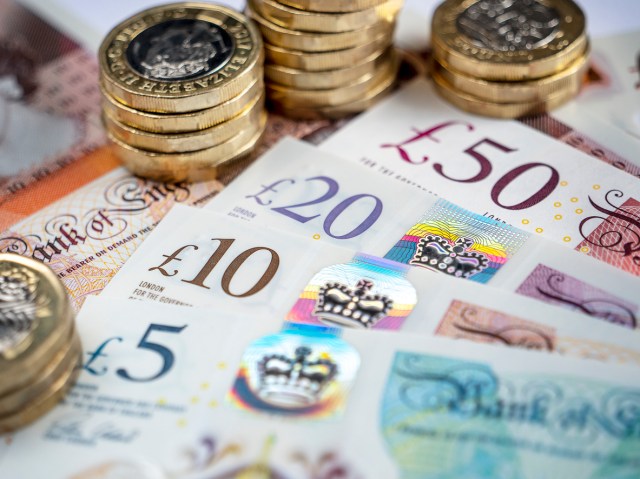How to deal with the stress in your life

Lee Brosan, the author of An Introduction to Coping with Stress, shares with us her guide to understanding and overcoming stress.
What is stress?
We all talk about stress, but do we understand what it really is? Sometimes it can be used to cover any kind of emotional upset – depression, anxiety, or anger for example – but stress is not quite any of these. It’s a complicated mixture of emotional, cognitive, and physical changes that come over us when there is a lack of balance between the demands that are made of us and our ability to cope with them.
When these are out of balance, our stress response kicks in. We release stress hormones, which in the short term are designed to make us cope better but can produce all sorts of horrible side effects when the stress goes on for a long time. Headaches, stomach problems, muscle aches and pains, problems with sex and skin problems can all be due to stress. So not only do you have to cope with the all the other problems of life, but you have to cope with them while you’re covered in spots, blinded by headaches, and breaking wind. No wonder stress is so hard.
The other major aspect of stress is how we think about it. ‘I can’t cope’, ‘I’m so useless’, ‘why can everyone else cope so much better than me?’ When we think like this we can’t concentrate on solving the problems – we just get caught up in how bad we feel.
Dealing with the problems that are causing stress
Remember that very often you can deal with the problems and the important thing is to learn to organise and prioritise your time, so that you only have to think about one stressful situation at a time.
Prioritise by listing all the things that you have to cope with. Think about which of these things are urgent (if you don’t deal with them very soon then there’ll be trouble) and which are important (you really care about that part of your life). It sounds obvious but it’s surprising how few of us do it naturally. List the order in which you’re going to do them and don’t let yourself get distracted by chocolate, daytime TV or easier problems which don’t really need your attention now.
If you struggle with this, remind yourself of this guide to problem solving:
- Write the problem down as clearly and specifically as you can
- Brainstorm all the solutions you can think of – even crazy ones like ‘move to Mars’ can help your brain to be creative
- Look at the pros and cons of each solution
- Choose the one that seems the best
- Do it!
- Then review how it’s gone and whether you need to problem solve again.
Dealing with physical levels of stress
Relax! It sounds obvious, but most of us don’t take time to learn to relax. Try yoga or Pilates, look for relaxation recordings on the internet or in guides in bookshops. Whatever you choose to do, it will help to calm the physical effects of the stress hormones.
Look after yourself. Don’t make things worse by eating, drinking or smoking too much. Keep to a regular pattern of sleep if you possibly can. Exercise if you can bear to.
Dealing with the thoughts that make stress harder
Recognise when you are having unhelpful thoughts. These thoughts are usually unfair to yourself and can have a big impact on your mood.
Distract yourself if the thoughts are taking over. Don’t get into a vicious cycle of thinking things are awful and feeling worse and worse. Play word games or computer games to break out of the cycle so that your mind is free to think clearly about what you need to do.
Counter the thoughts by reminding yourself of all the things you have coped with in your life, and what amazing skills you have that have helped in the past.
Be positive! Instead of telling yourself how useless you are, then tell yourself that you are fab. Say ‘I know I’m in a difficult situation, but I have loads of skills and people I canask for help, so I know that I’ll get through it in the end’.
Good luck!







